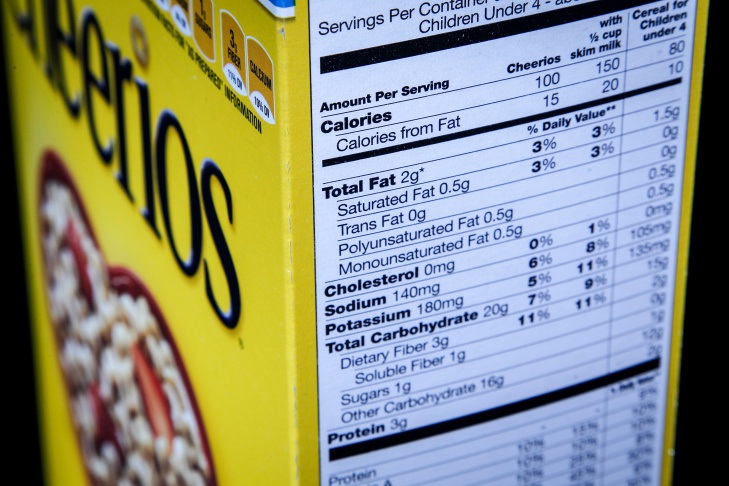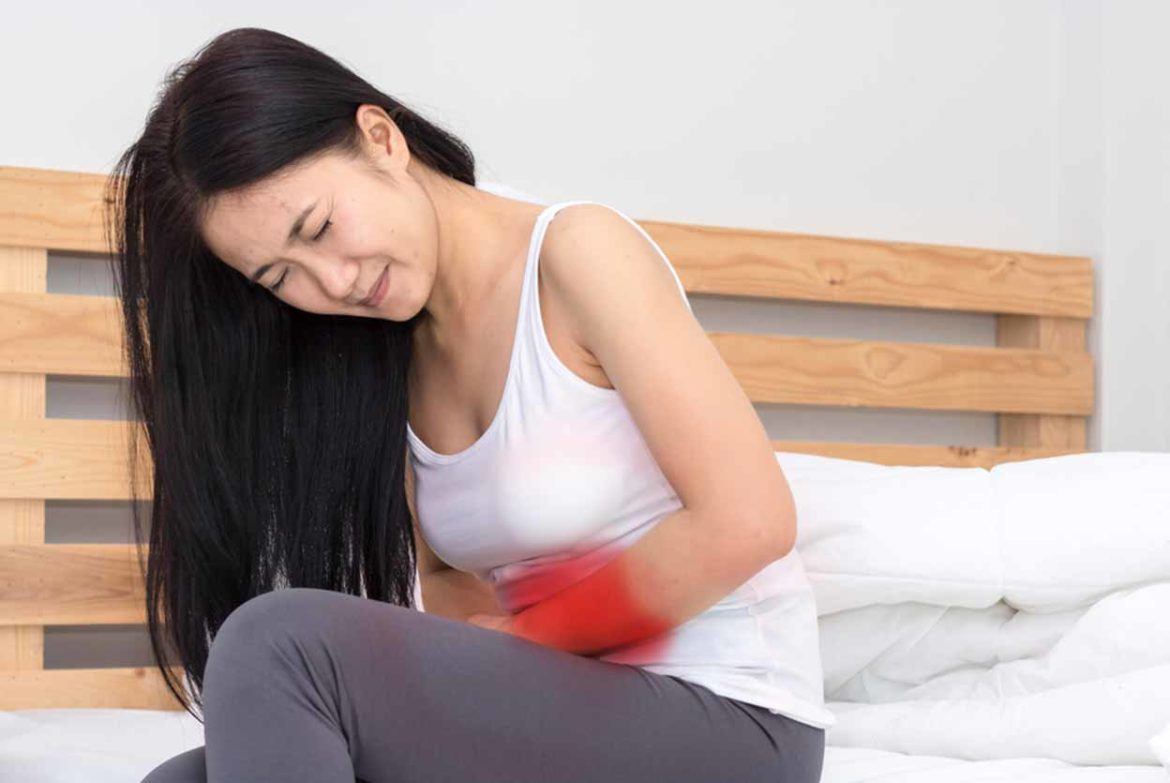Premenstrual syndrome (PMS) is a condition that affects a woman’s emotions, physical health and behavior during certain days of the menstrual cycle, with symptoms starting to appear five to 11 days before menstruation. The symptoms — which include abdominal bloating and pain, sore breasts, acne, food cravings especially for sweets and sour fruits, constipation, diarrhea, and headaches — typically go away once menstruation begins.
Change in serotonin levels
Many researchers believe that PMS is related to change in both sex hormone and serotonin levels at the beginning of the menstrual cycle. Serotonin, a chemical in the brain and gut, affects moods, emotions, and thoughts. Levels of estrogen and progesterone increase during certain times of the month. An increase in these hormones can cause mood swings, anxiety, and irritability. Ovarian steroids also modulate activity in parts of the brain associated with premenstrual symptoms.
According to Anne Price, a Certified Holistic Health Coach, an average woman experiences PMS 450 times in her lifetime. While hormones play an integral part in these biological changes, there’s a way how to manage it by avoiding certain foods that are likely to alleviate the symptoms.

Trans fats and hydrogenated fats. Unhealthy by-products of a chemical process called hydrogenation, manufacturers alter the fats to solidify liquid oils and lengthen shelf life and flavor of oils and foods that contain them. It is wise to drop everything that says hydrogenated or partially hydrogenated even if the nutritional profile says 0% trans-fat on margarine, crackers, cookies and snack foods. Go for saturated fats found in coconut or the healthier monounsaturated fats like olive and avocado oil.
Food allergens. Top eight foods that belong to the food allergen camp are milk, eggs, peanuts, nuts, wheat, soy, fish and shellfish. At least one of these foods causes digestive issues and skin breakouts that are obvious signs of a possible hormonal imbalance. Check with a doctor or try an elimination diet — a three-to-six-week eating plan that eliminates potential food allergens and then reintroduce them one at a time to identify which ones the body does not tolerate well.
High fructose corn syrup and refined sugar. These are chemically produced sugar found in sodas and fruit-flavored drinks or what is stored in the pantry. It comes from sugar cane, processed to extract sugar used to sweeten cakes, desserts, cookies, coffee, and cereals. The difference between these and the natural sugars found in fruits is that the former have empty calories with no nutritional value while the latter are loaded with fiber and other nutrients that your body needs especially right before the shark week. The absence of fibers fuels mood swings and worsens headaches and difficulty concentrating as digestion of artificial sugars rapidly result in high insulin and blood sugar level.

Best to stick to dark chocolates, dates, raw honey, and reach for stevia or coconut sugar as healthier alternatives.
Salt. Bloating and swollen hands and feet during PMS are caused by hormonal changes that cause water retention. And loading up on sodium will just make it worse. Swapping salty food with nuts and loading up on fruits and veggies are good choices to reduce the accumulation of water weight because of a diet that is high in sodium.

Caffeine. As PMS is usually associated with fatigue, mental exhaustion and depression, a lot of women try to counter these by increasing caffeine intake. But because caffeine is a stimulant chemical, it causes increased heart rate and blood pressure. This consequently leads to tension, anxiety, difficulty sleeping, and greater exhaustion. Its diuretic nature also increases urine production and triggers dehydration that is home to dysmenorrhea. Try herbal teas and decaffeinated liquids instead while going through PMS.

Alcohol. When alcohol enters the bloodstream, it alters the brain function that produces serotonin. Serotonin is called the “happy hormone” because it contributes to a person’s stability and well-being. It regulates mood, social behavior, appetite, sleep, memory, and sexual desire functions. It is also responsible for mood alterations and disorders. When alcohol — which is diuretic like caffeine — is taken at the peak of PMS, it means the body loses much needed bodily fluids that lead to prolonged dysmenorrhea. Abstaining from alcoholic drinks during this time is strongly encouraged.
Sources: Jeunesse Anion Panty Liner and Healthline.com, Manila Times
Photo Sources: lybrate.com, diabetes.co.uk, scpr.org, health.harvard.edu






